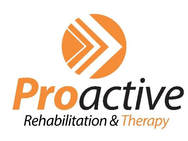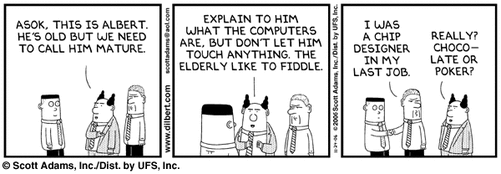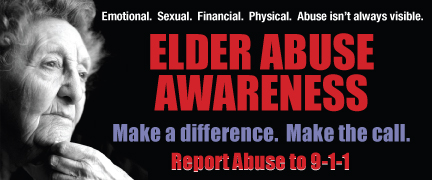| Perhaps it's happened to you or someone you know. Somehow, you ended up on the bully radar. It may be because you seem like an easy target or perhaps you are very capable and therefore threatening. The scenario is all too common and the bully often has more power than you do. Don't try thinking that the behaviour won't affect you or that you are immune to taunting or demeaning treatment. Even professional athletes, such as Jonathan Martin, have been shown to crumble under the torment that is chronic bullying. Get help! The best thing you can do for yourself is to get assistance dealing with both the bully's behaviour and the effect that behaviour is having on your health. Unfortunately, it may be difficult to expose the bully or find allies willing to protect you. Therefore try to focus most of your energy on developing coping skills and/or an exit plan to distance you from the bully. When seeking out a therapist, try to find someone you feel safe around with whom you can comfortably converse. A person who is interested in establishing a positive therapeutic relationship is a good choice. Your therapist should allow you to express yourself freely without conditions or judgement, be attuned to you, and offer suggestions and exercises for your recovery. If you feel that your therapist doesn't understand you and isn't able to get back on track when you bring it up, you will likely benefit from trying a different practitioner. Think V.A.L.U.E Model 1.) Vindicate Everyone whose ever come across a bully dreams that the power imbalance will reverse or that justice will somehow prevail and the bully will get a taste of his/her own medicine. Few people see that dream realized. Vindication is a healthier goal than justice. You control how large or small you want the outcome to be. Vindication is not revenge. Revenge is simply wanting to cause the bully suffering for hurting you. Wanting to be vindicated, however, is a reasonable desire for a solution or outcome. It may be as simple as receiving a sincere apology or compensation for your losses. However, setting too lofty a goal in this area can leave you feeling frustrated, angry, and/or disappointed if your goals are not achieved. | 2.) Learn from Unhealthy Emotions Anger, frustration, anxiety, and sadness are all unhealthy emotions that can deplete your physical and mental health over time. Learn from your therapist different ways to manage and overcome these emotional reactions to bullying. 3.) Ameliorate Once you've succeeded in either escaping the bully or achieving a resolution that has resulted in an end to the bullying behaviour, you may be ready to heal. Healing from a bullying experience is different than just developing coping mechanisms. It involves coming to terms in some fashion with the events and coming to peace with your emotions. When you no longer feel that you will be a target of the bully you can more effectively achieve a rhythm of tranquility. Yoga, Qi Gon, Tai Chi, and meditation exercises can be one useful approach to retraining your emotional brain to relax. The ultimate goal of recovery is to feel safe from further bullying, and to let go of the painful memories, thoughts, and emotions involved with the experience. Advocating for your health, David Chochinov, O.T. Reg. (MB) Occupational Therapist |
|
1 Comment
Being the witness of abusive care of a vulnerable human being is harmful in itself... and reporting it openly can result in further harm instead of an anticipated positive resolution. Reporting abuse often results in an investigation. Investigative processes are stressful for the alleged, as well as for management, as a positive finding of abuse can result in more investigations, criminal charges laid, and/or negative publicity. It may not always be possible, but it is recommended for the reporter of abuse to remain anonymous when filing a complaint. If you are known as the reporter, you may become the target of abusive treatments, such as harassment, from the alleged or even your boss or supervisor!
The elderly are protected from abuse when you first make a report... but there is no protection the second time if you are abused for reporting. Check your local laws, such as The Whistleblowers Act, for protection as not all sectors of the workforce are covered by some Acts. Dealing with a reprisal can be a very difficult and daunting challenge in which legal counsel is generally required. Make a difference. Make the call. But know the risks. Advocating with honesty and integrity, David Chochinov |
AuthorDavid Chochinov is a private practitioner in the field of occupational therapy, mental health counsellor, nutrition consultant, and an advocate for the prevention of elder abuse. Archives
March 2017
Categories |



 RSS Feed
RSS Feed